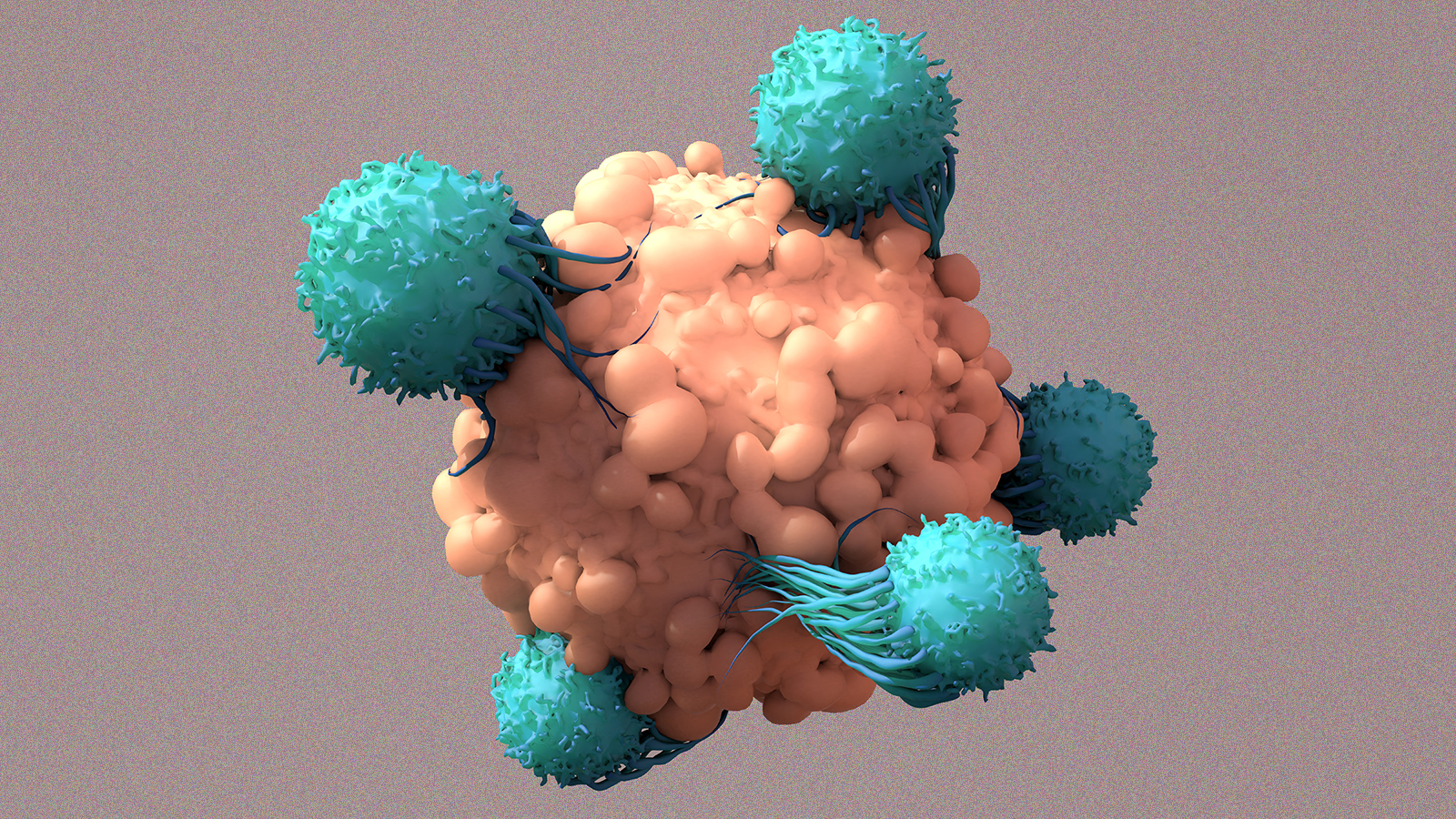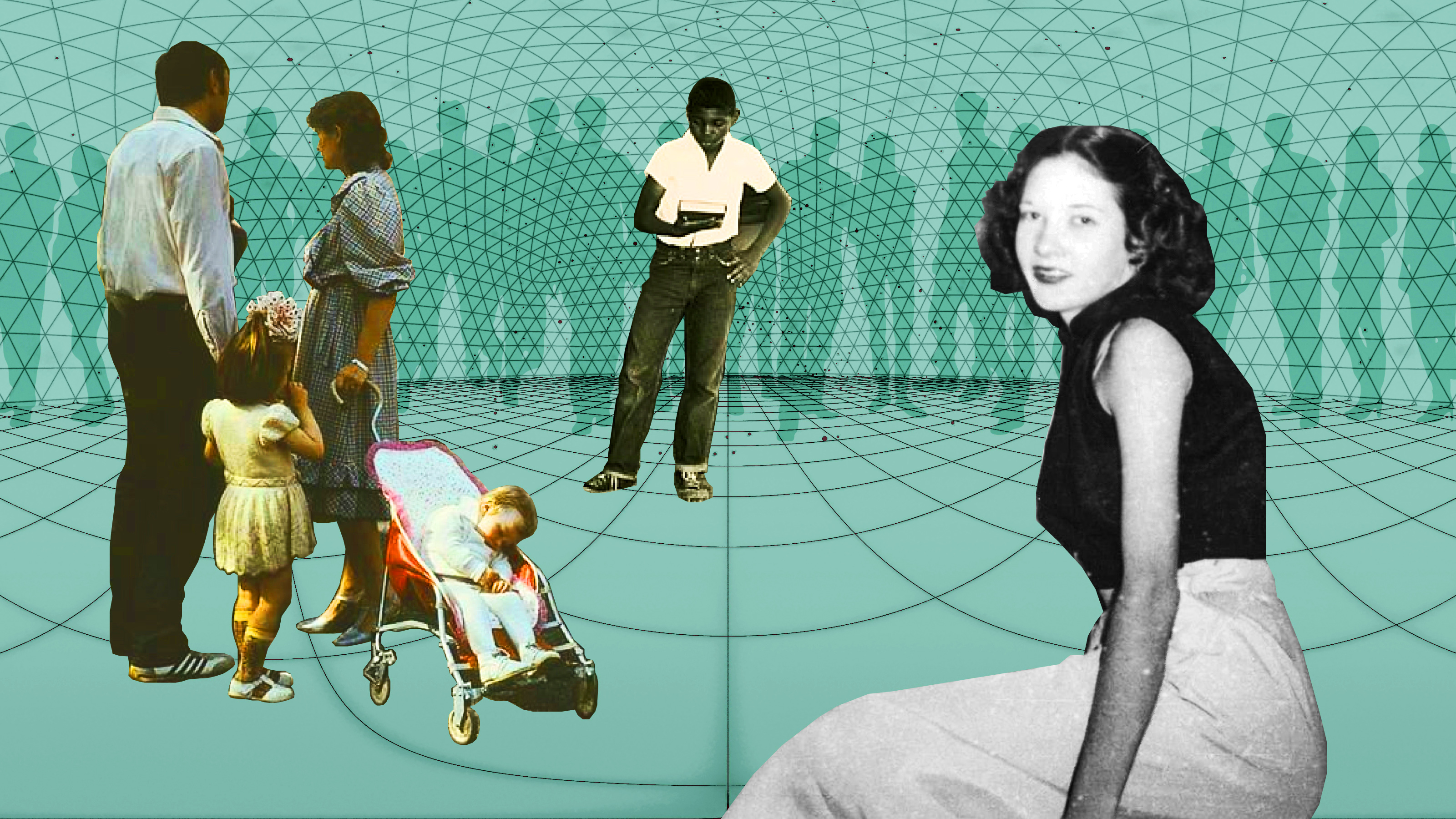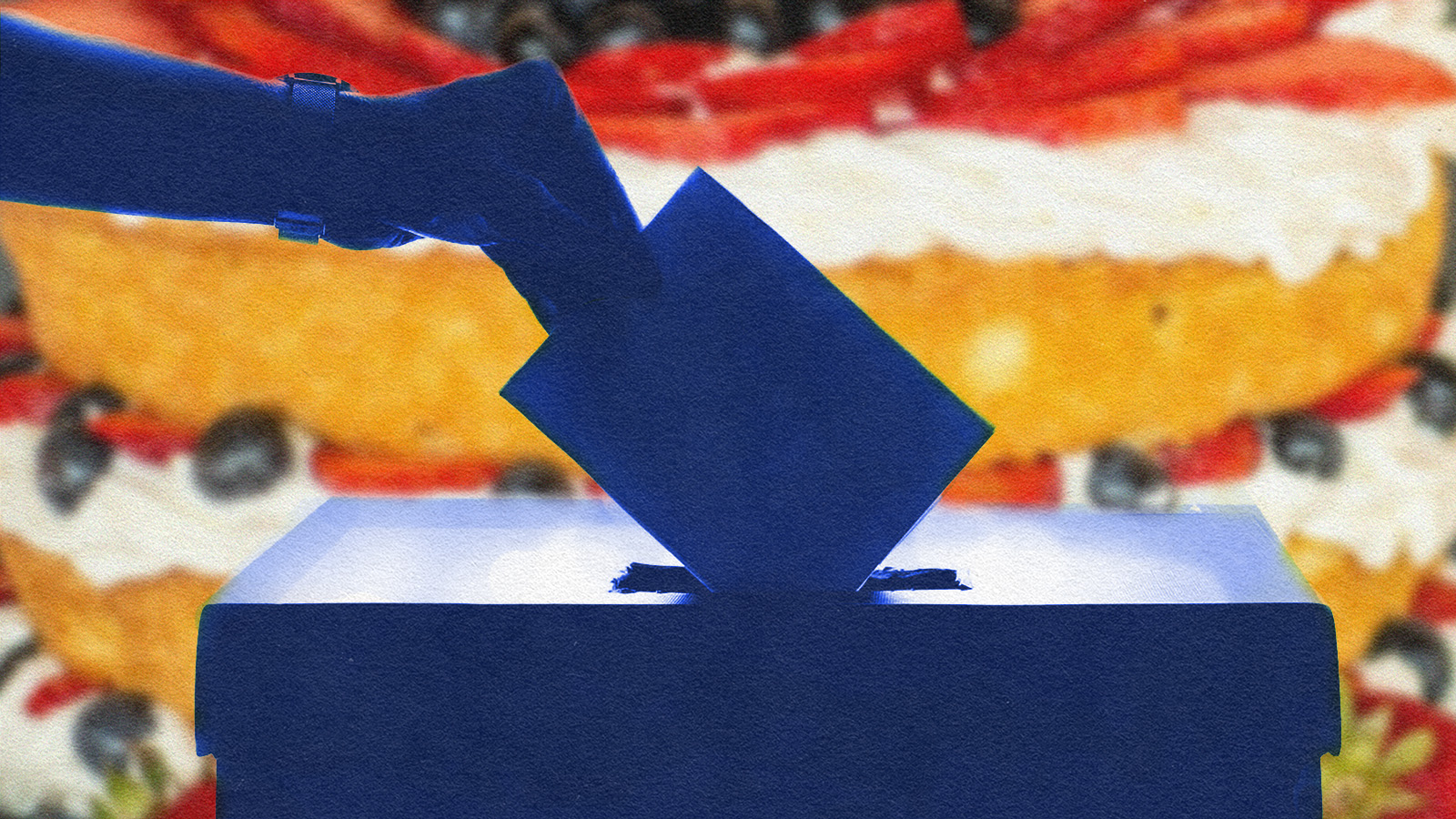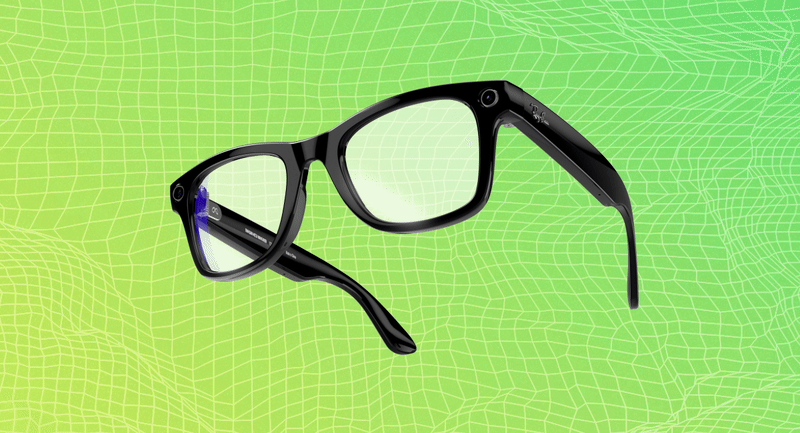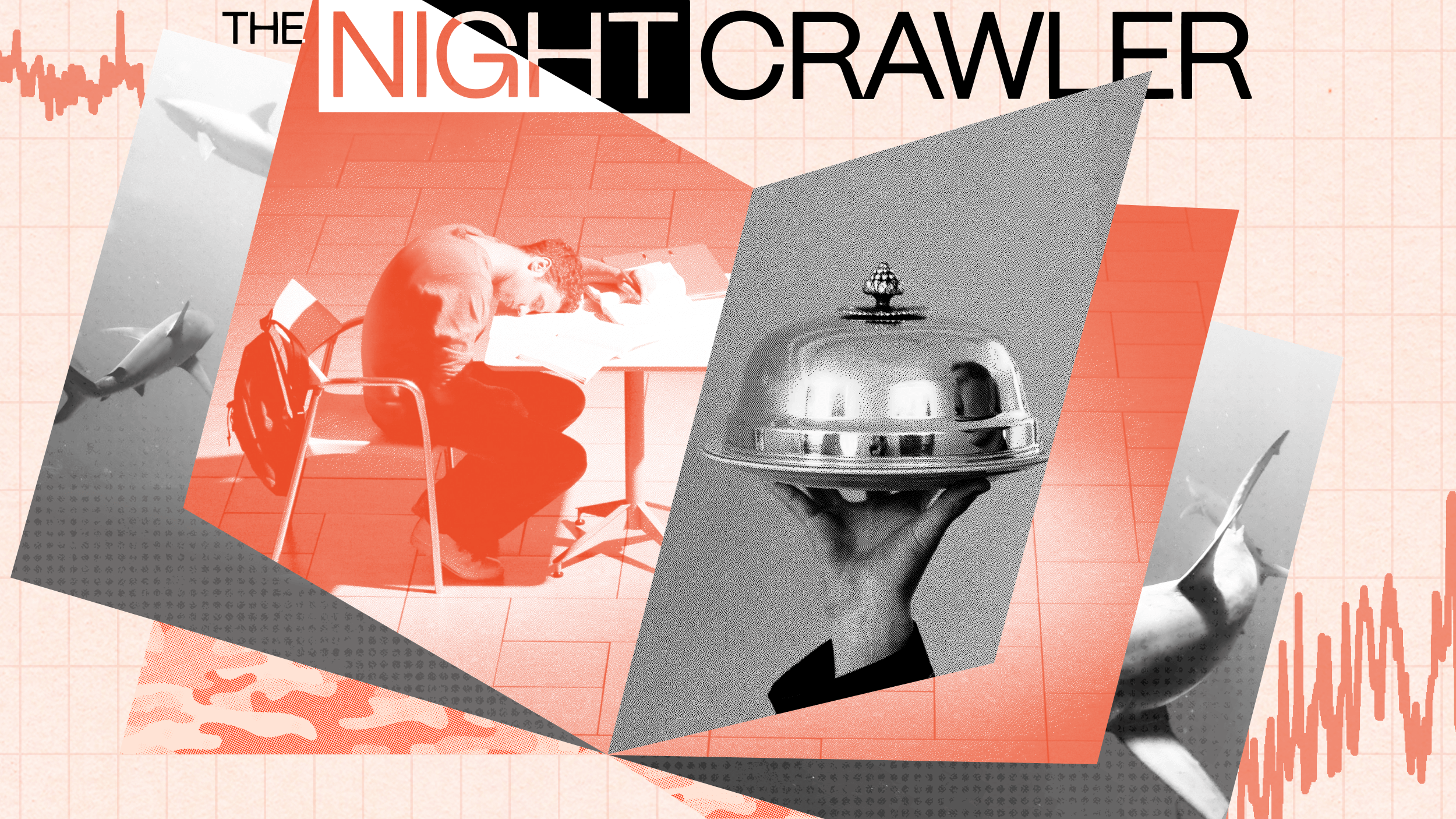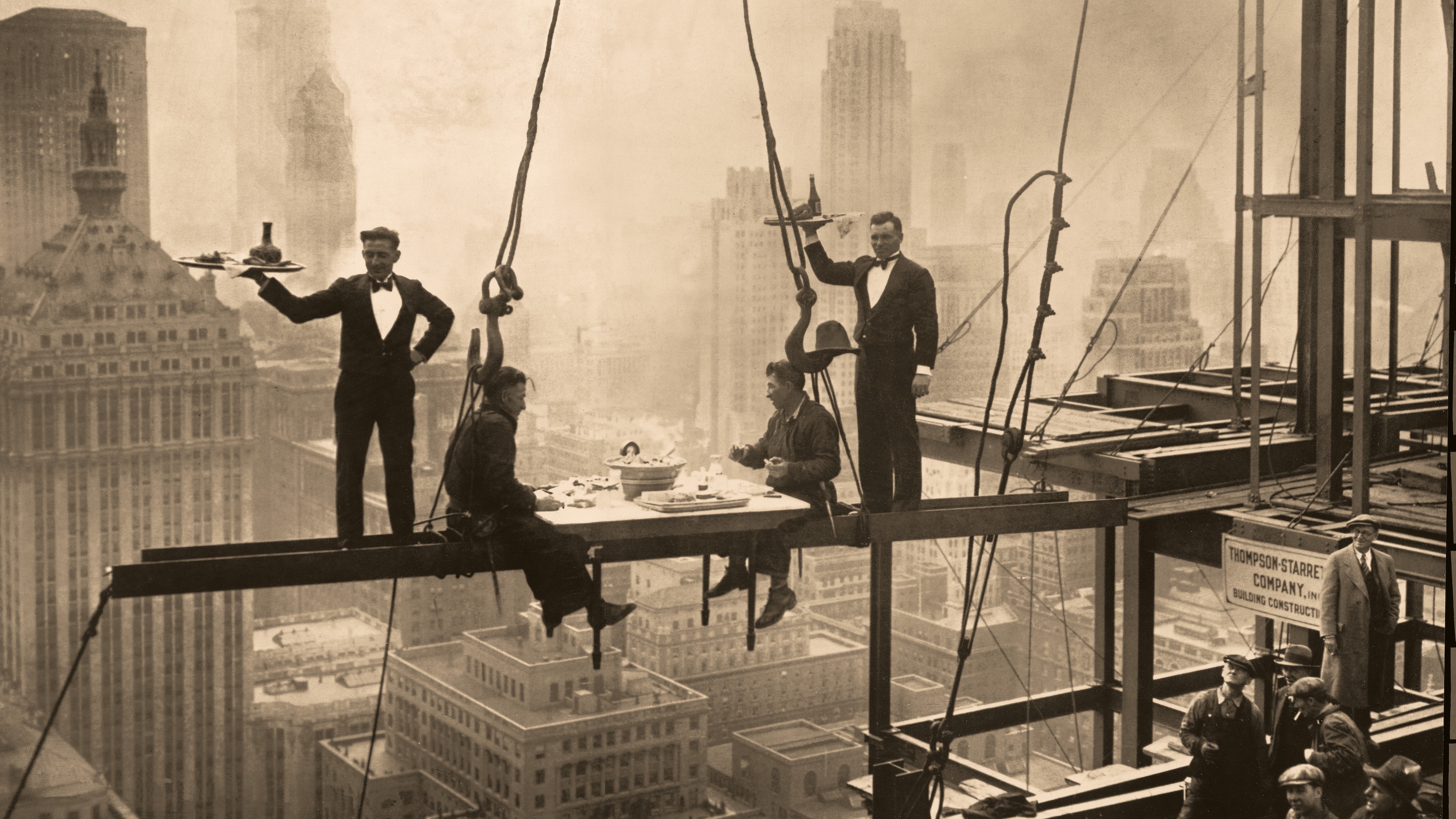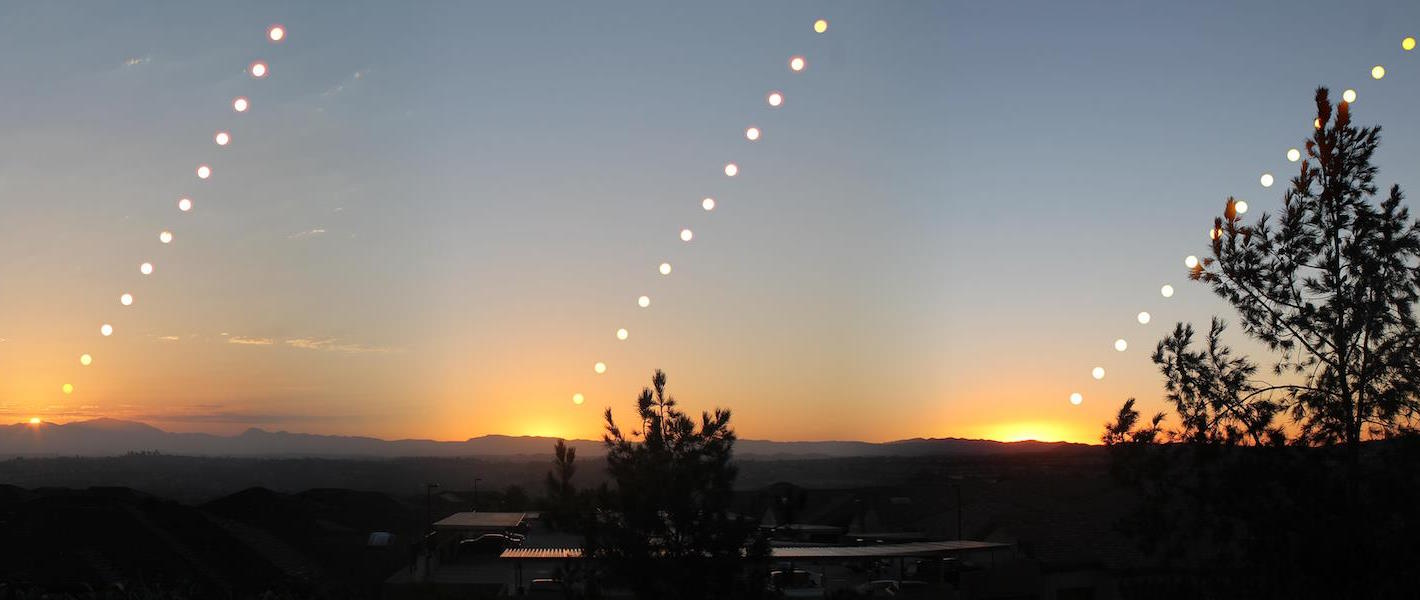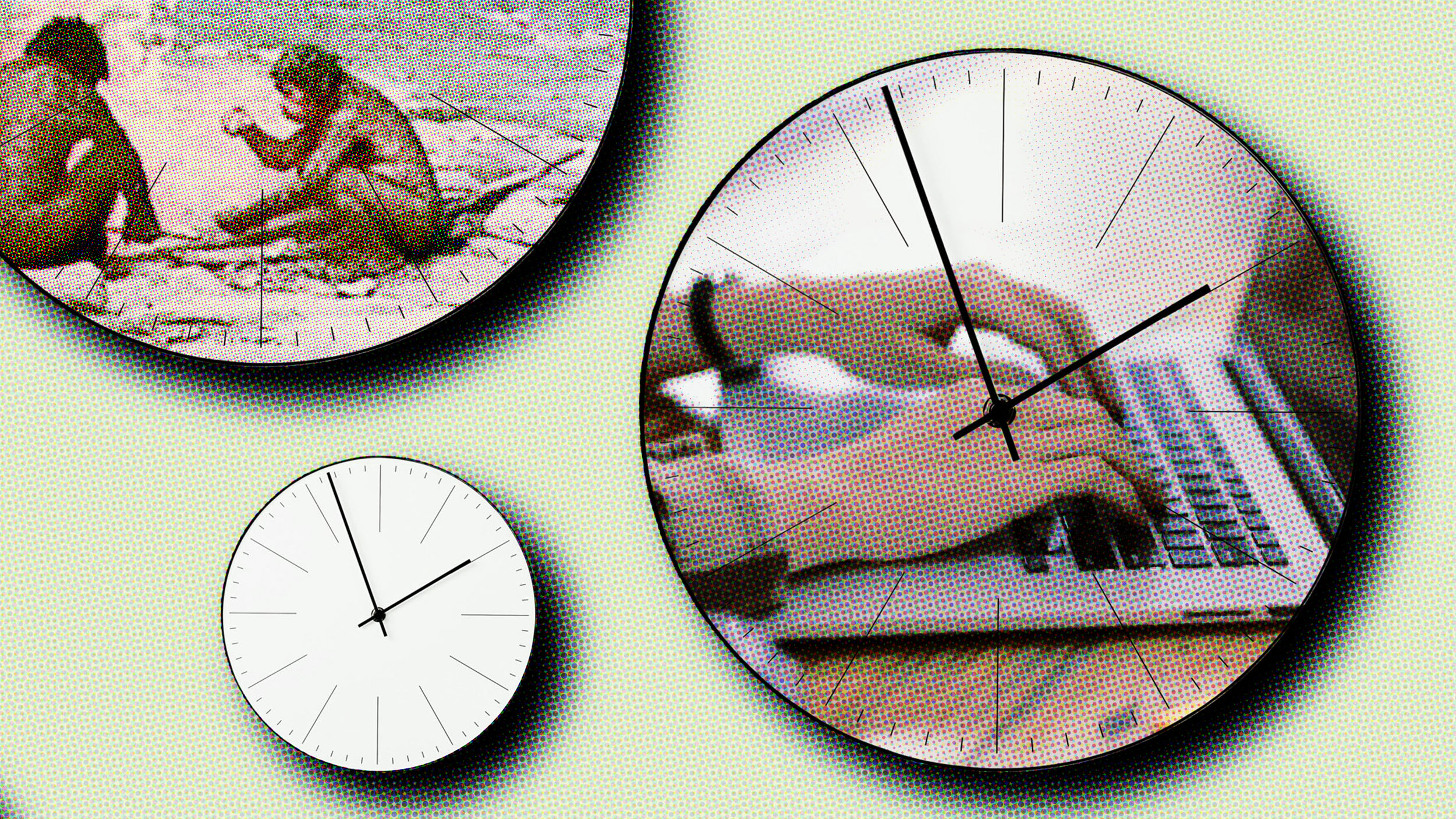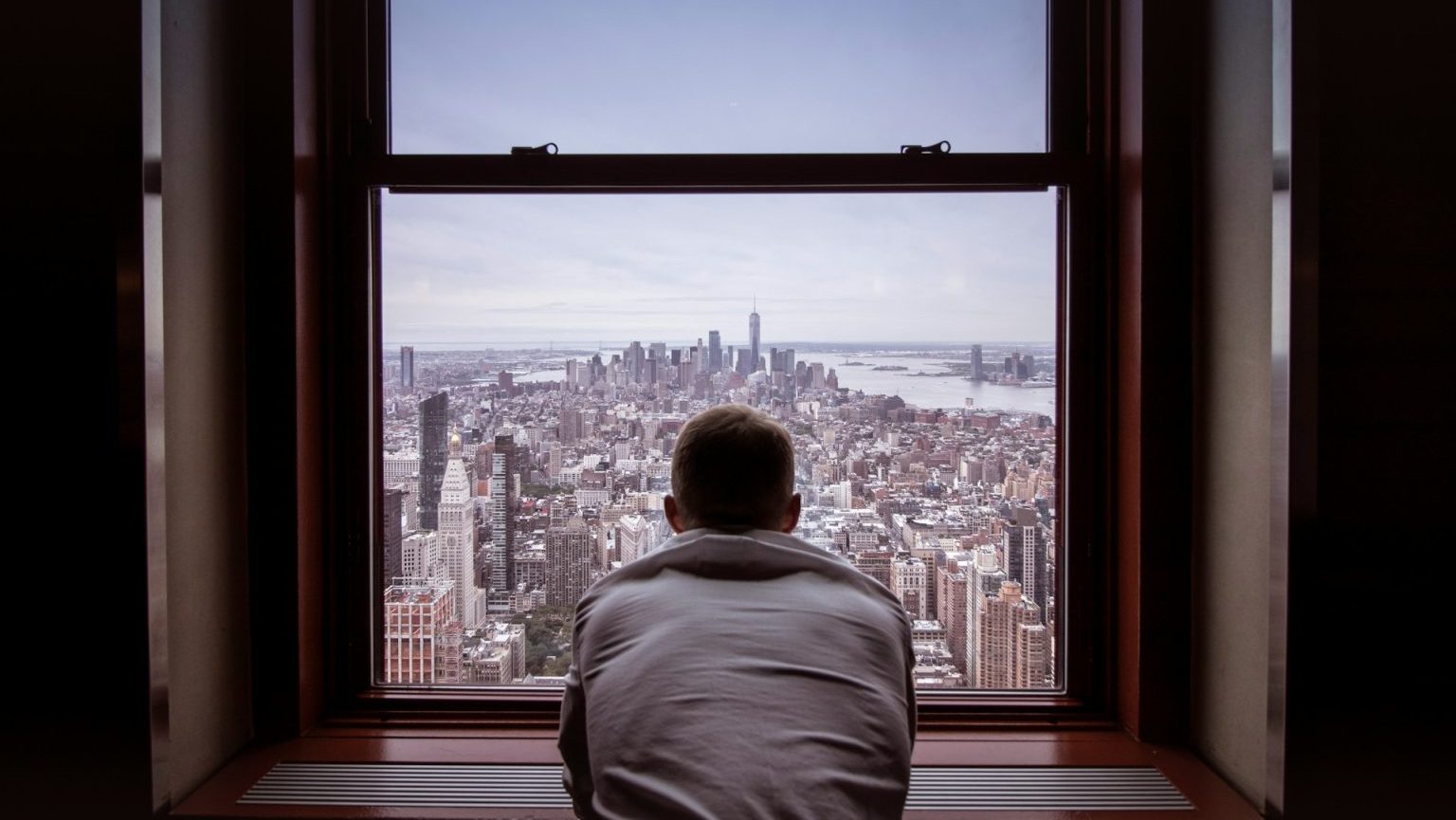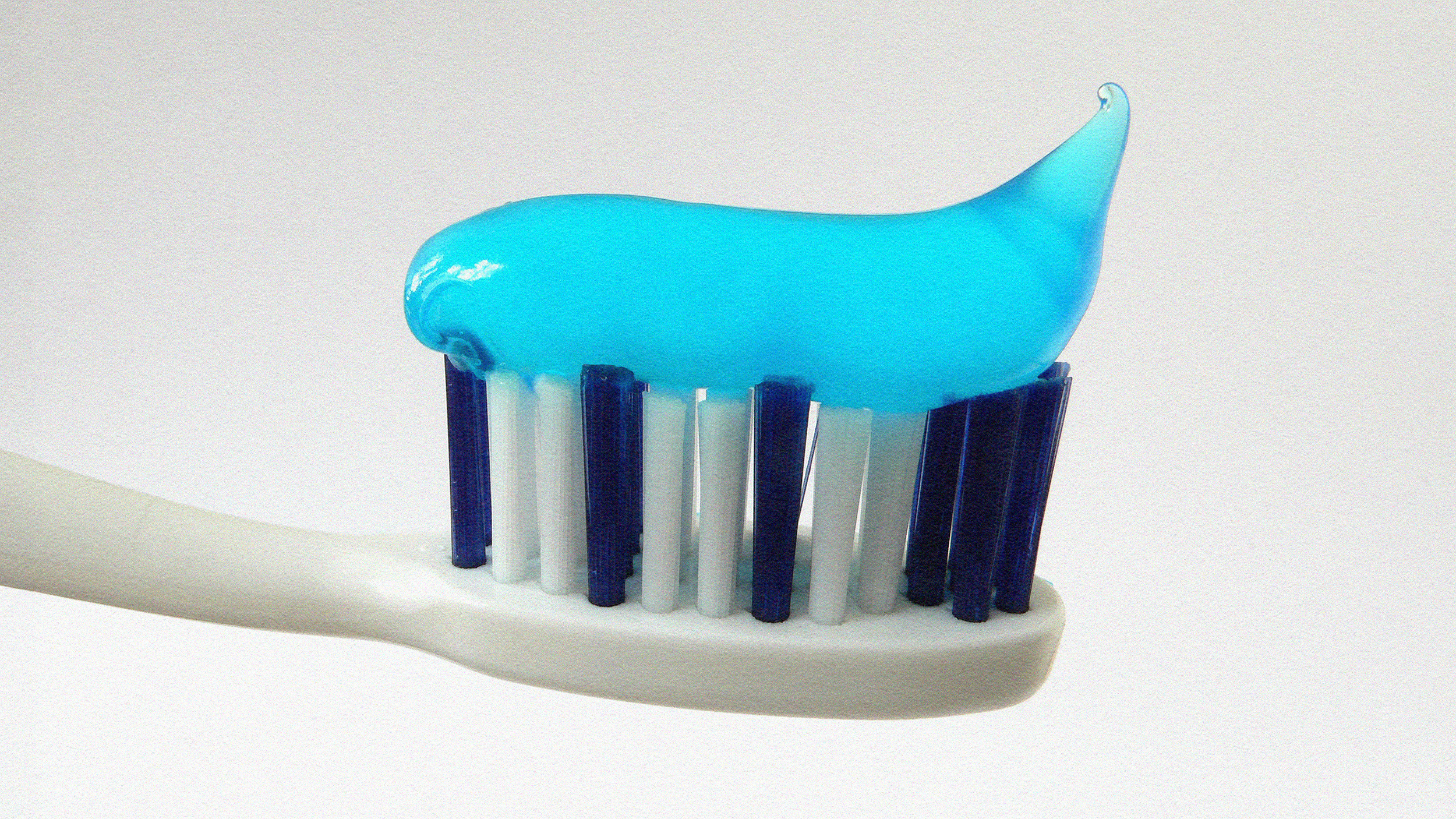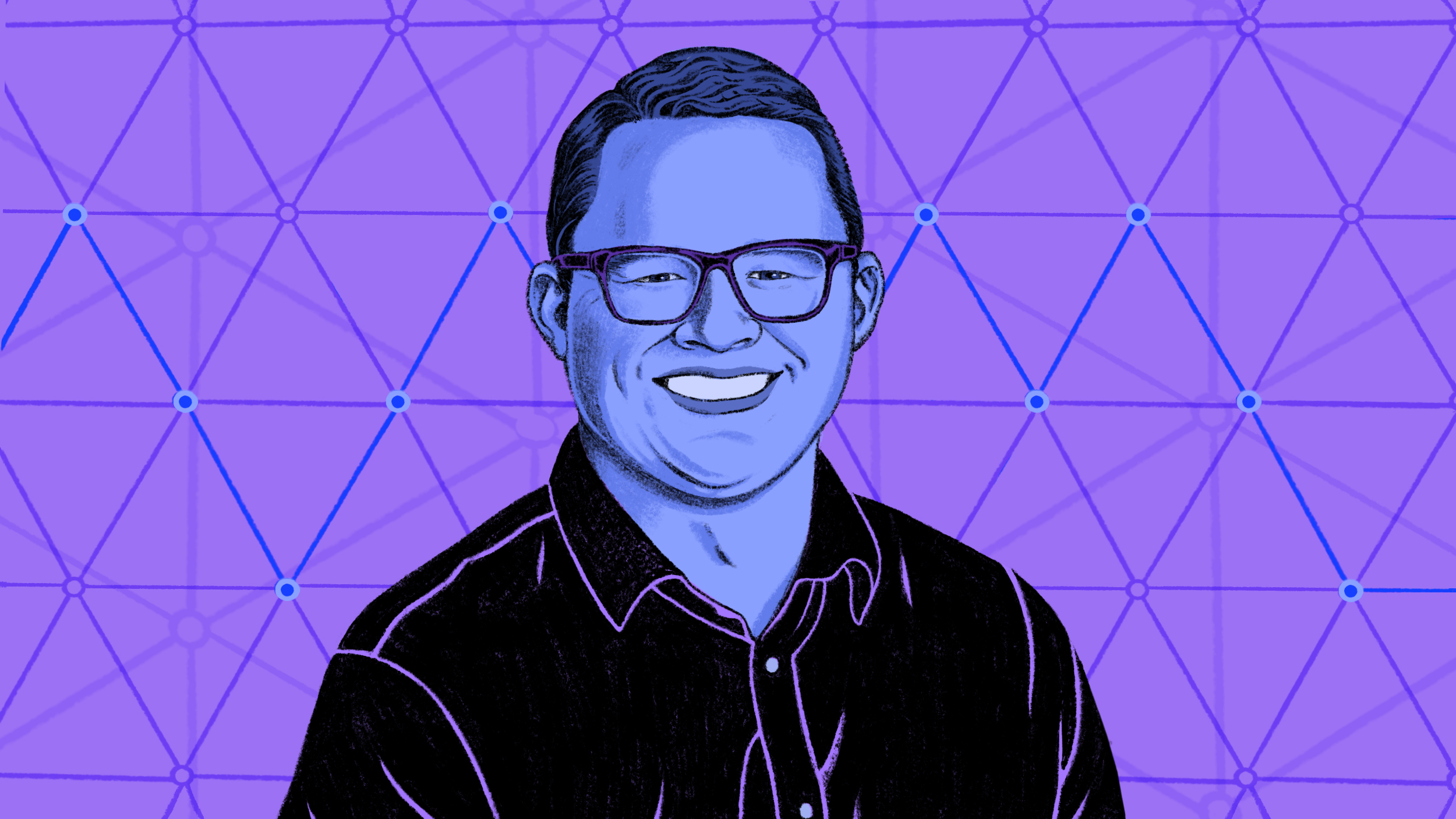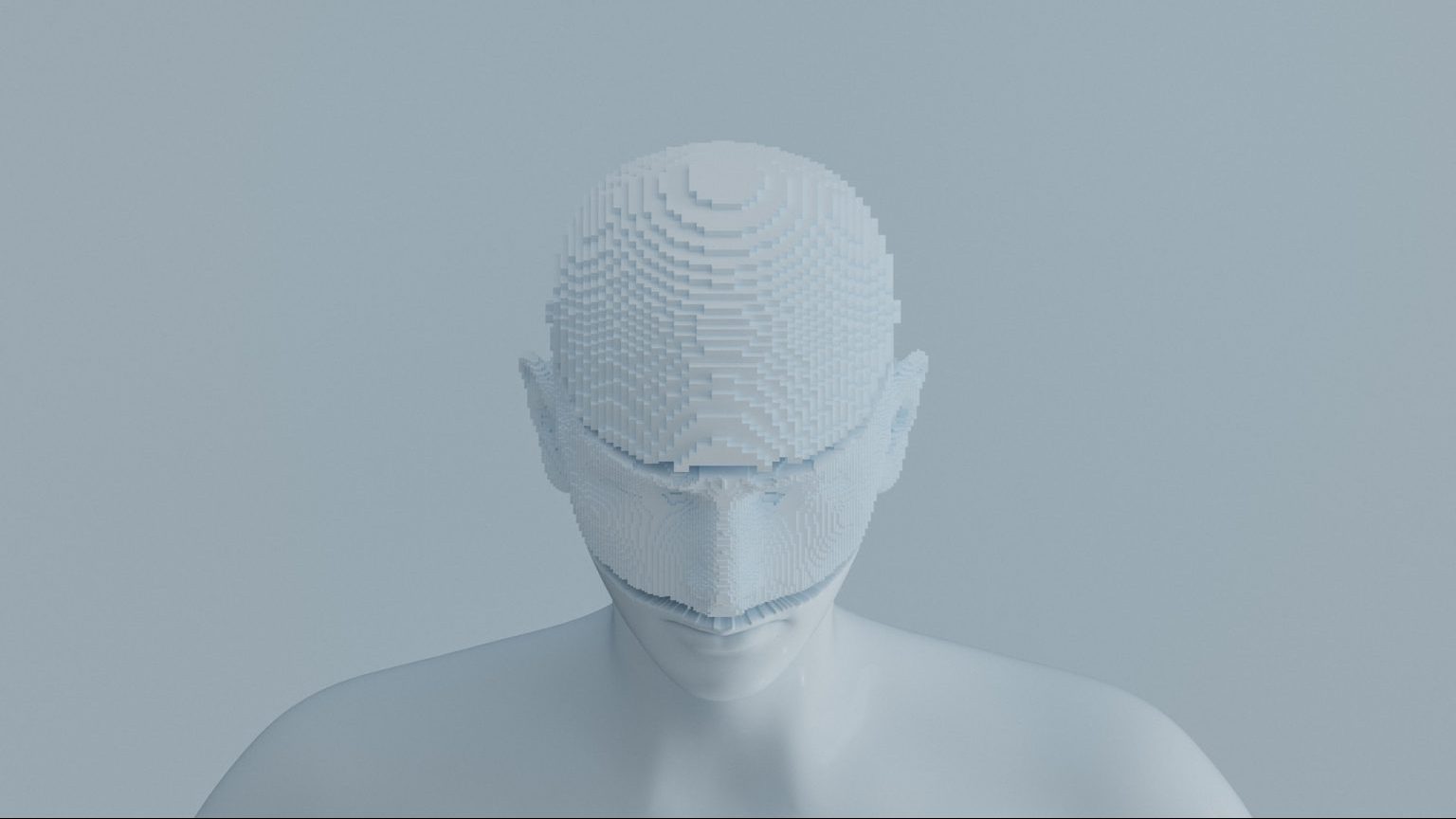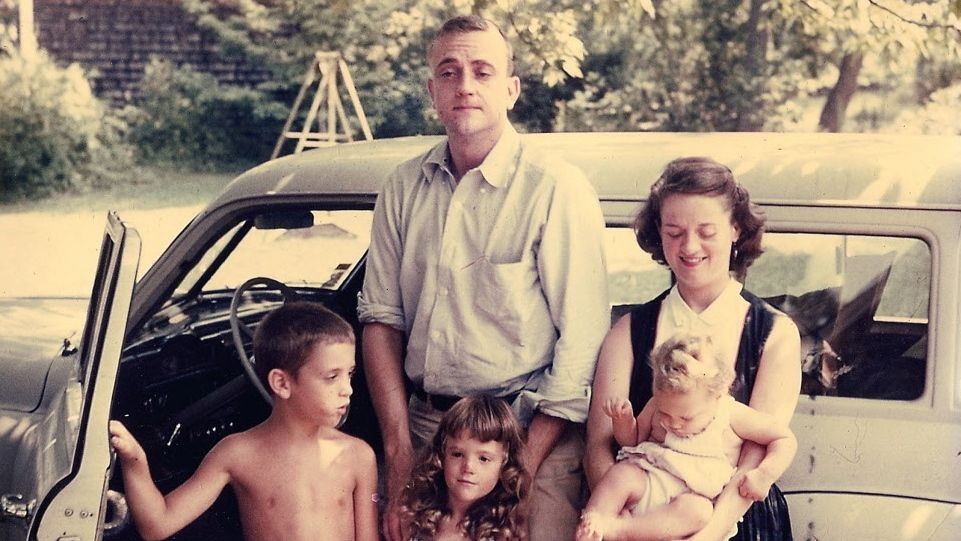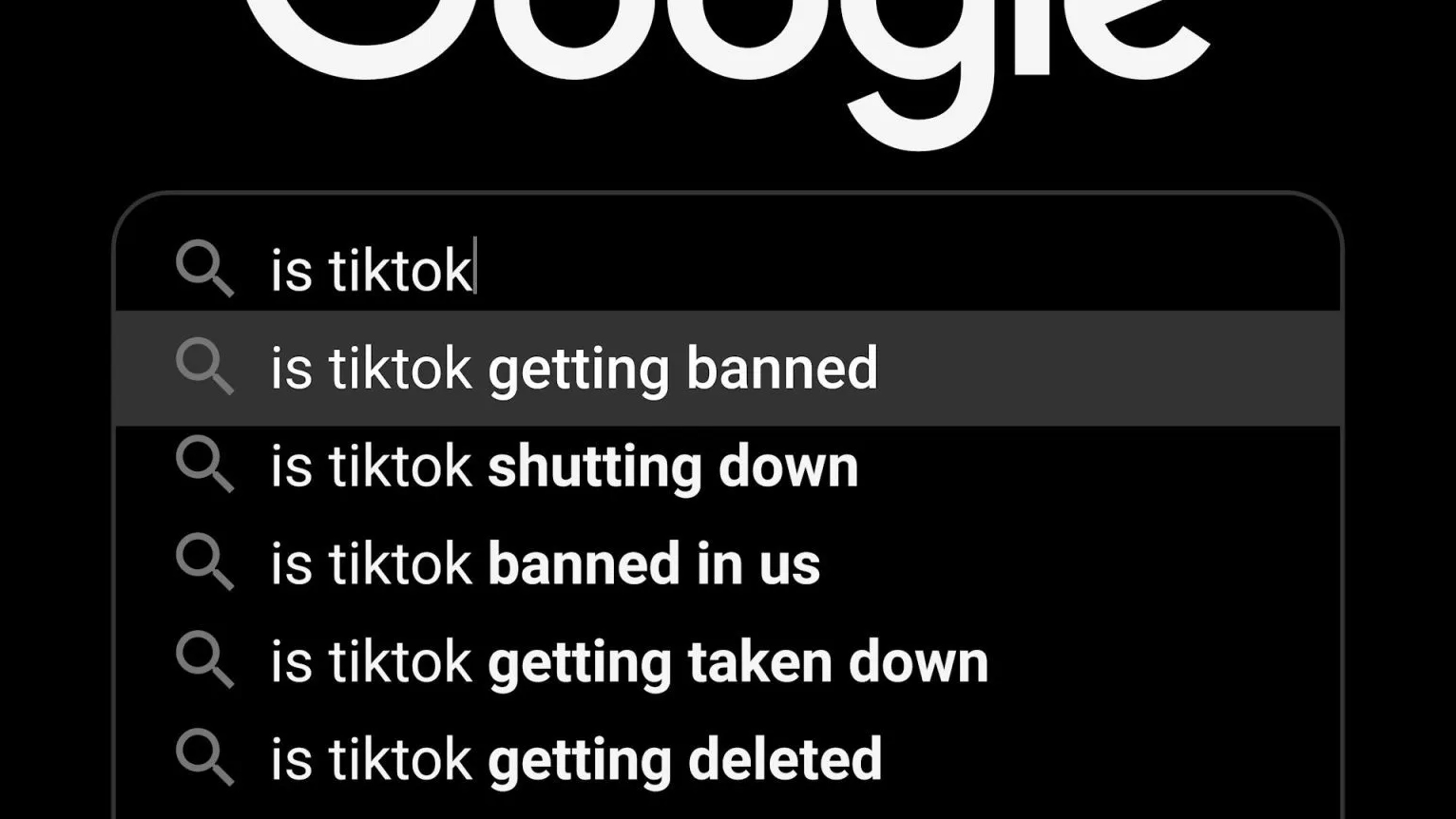What creates our private, inner universes is still a mystery.
Search Results
You searched for: one day
“Feedback is a gift,” is an easy bumper sticker to apply, but a harder philosophy to put into execution in your real life.
This small phase 1 study suggests that CRISPR-engineered T cells are safe and potentially effective, but there is a long way to go.
The simulation hypothesis is fun to talk about, but believing it requires an act of faith.
For a plan to go as smooth as clockwork, be prepared to pounce on opportunity.
Physicists have increasingly begun to view life as information-processing “states of matter” that require special consideration.
Author A.J. Jacobs explores how voting has changed since the days of the Founding Fathers — for better and for worse.
What do you call it when the Earth shakes for three decades?
Smart glasses have flopped before. AI could finally make them mainstream.
Lynda Gratton, a professor of management practice at the London Business School, explains how business leaders can navigate a future in constant flux.
Welcome to The Nightcrawler — a weekly newsletter from Eric Markowitz covering tech, innovation, and long-term thinking.
Cody Delistraty explores if laughter can help alleviate the physical symptoms of grief.
How to juggle while walking a tightrope — at work.
Across a variety of industries, trust and “upside-down management” have paid dividends.
Just 12% of Americans account for half the country’s total beef consumption.
Sure, there’s less daylight during winter than summer, as your hemisphere is tilted away from the Sun. But darkness goes deeper than that.
These practical strategies can help you conquer burnout and achieve a state of calm and focused productivity.
Neuroscientist Christof Koch on human minds, AI, and bacteria.
“The primary way that people make friends is through institutions.”
Northern lights in the American South, clusters of huge geomagnetic storms—the Sun is throwing a tantrum right on schedule.
Until the Apollo missions, we had no idea how the moon got here, just a series of educated guesses. They rewrote the story of the moon’s origins.
Claims circulating on the Internet — some from dentists’ websites — suggest toothpaste isn’t necessary for dental health. Is that true?
Historians have been able to piece together a clear picture of how the average Roman citizen spent their waking hours.
The technology is not a replacement for human labor — it’s a way to complement existing human tasks.
Straddling the bounds of science and religion, Newton wondered who set the planets in motion. Astrophysics reveals the answer.
Brain-computer interfaces could enable people with locked-in syndrome and other conditions to “speak.”
“All moments past, present, and future, always have existed, always will exist.”
TikTok and its allies won’t go down without a legal fight.
The divers spend their waking hours either under hundreds of feet of water on the ocean floor or squeezed into an area the size of a restaurant booth.


